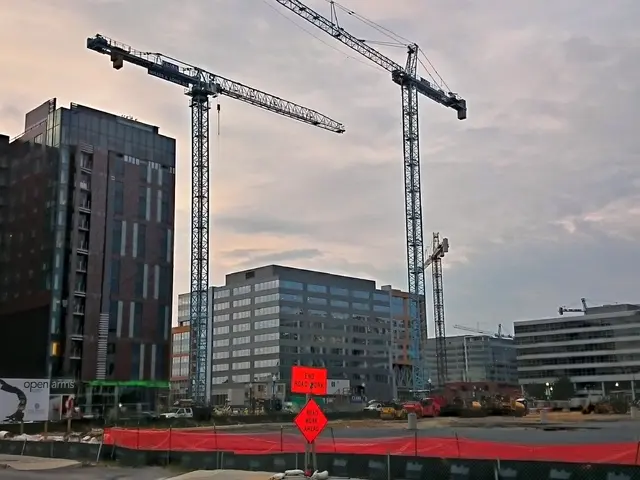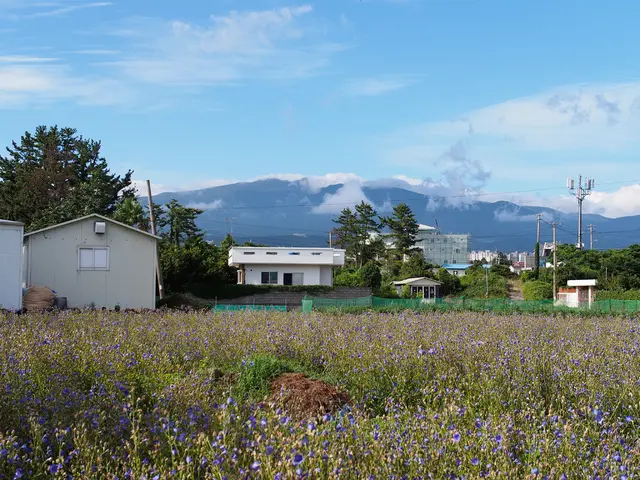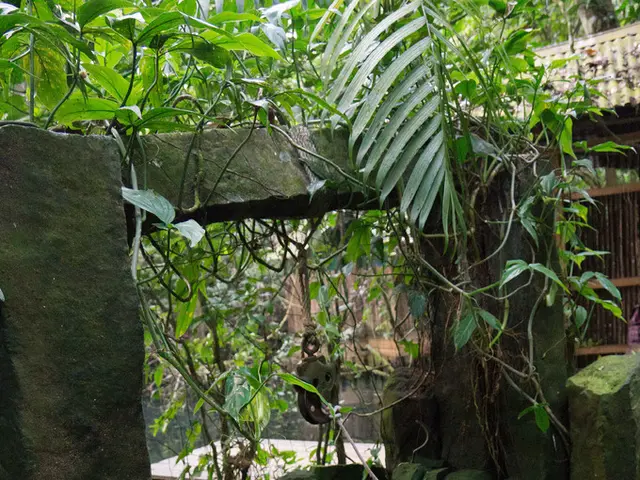Climate Week Warns: Oil Decline Threatens Planetary Stability
Global energy forecasts are painting a grim picture, with oil projections declining. Meanwhile, Earth's biospheric stability is under threat, as indicated by newly crossed planetary boundaries. These alarming trends were discussed at New York City Climate Week by Nate, who highlighted the disconnect between economic narratives and the biophysical realities we face.
Nate's talk comes amidst record highs in gold and silver prices, yet this financial boom is starkly contrasted by the declining health of our planet. The question is no longer if energetic supply constraints will impact human systems, but when and how we will respond. Leading research institutes, such as the International Energy Agency (IEA), U.S. Energy Information Administration (EIA), and the Massachusetts Institute of Technology (MIT) Energy Initiative, are sounding the alarm on oil and gas field depletion and its societal impacts.
Financial abstractions and claims are accelerating, while planetary health and social stability are on the decline. Nate provided an update on Peak Oil, referencing the IEA's report on oil and gas field decline rates. Understanding these biophysical limits could shift societal priorities, enabling responses for better human and planetary futures.
The warnings are clear: our energy systems and planetary health are under strain. As Nate discussed, it's crucial to bridge the gap between economic narratives and biophysical realities. By understanding and responding to these constraints, we can work towards a more sustainable and resilient future.








